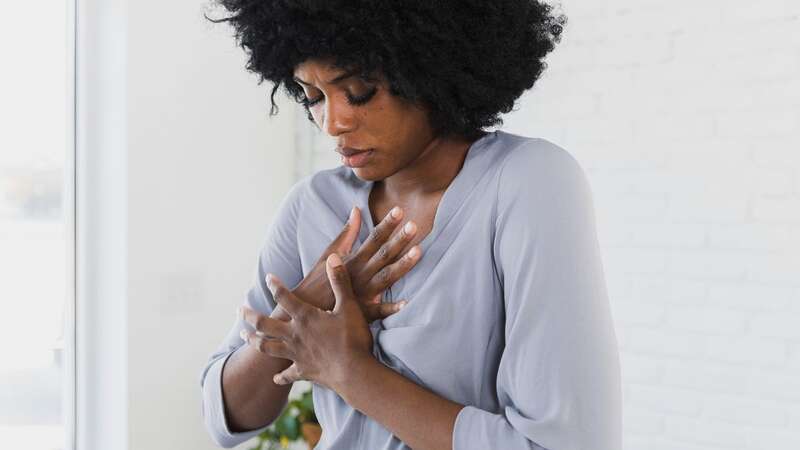
Many people see the festive season as an opportunity to be a little more lax on healthful habits, in particular, alcohol consumption – but the consequences can be dire.
The term "holiday heart syndrome" (HHS) refers to how bouts of binge drinking – often during weekends and special occasions – can give rise to cardiac arrhythmias, or abnormalities in the heart's rhythm. It tends to come on after episodes of heavy drinking that involve at least 15 units (about seven and a half pints of 4% beer or one and a half bottles of 13% wine) in a 24-hour period.
This association between excessive alcohol intake and heart dysfunction was originally spotted by a team of researchers led by Dr Philip Ettinger in 1978, who observed 24 patients getting hospitalised with atrial fibrillation (or A-fib for short) after a weekend of binge drinking.
"Episodes usually followed heavy weekend or holiday sprees, resulting in hospitalisation between Sunday or Tuesday or in proximity to the year-end holidays, a relationship not observed in other alcohol-associated illnesses," the study authors wrote.
A-fib is the most common heart rhythm disturbance in the UK, affecting some 1.4 million people. In essence, it means the top chambers of one's heart (the atria) are prone to quivering or twitching (fibrillation) such that the vital organ cannot reliably sustain good blood flow.
 Hospitals run out of oxygen and mortuaries full amid NHS chaos
Hospitals run out of oxygen and mortuaries full amid NHS chaos
Drinking alcohol is not the only trigger. We now know that HHS may also be induced by other factors, such as caffeine, over-consumption of fatty meals with high salt content, and stress. AF is considered serious because it can lead to blood clots in the heart.
Different types of atrial fibrillation include:
- Paroxysmal atrial fibrillation – episodes that come and go but usually stop within 48 hours without any treatment
- Persistent atrial fibrillation – episodes that last for more than 7 days (though treatment may reduce their length)
- Long-standing persistent atrial fibrillation – where one has had continuous atrial fibrillation for a year or longer
- Permanent atrial fibrillation – where atrial fibrillation is present all the time
According to the NHS, atrial fibrillation is occasionally asymptomatic, meaning the person who has it is unaware that their heart rate is irregular. However, those with symptoms will likely experience:
- Heart palpitations – where your heart feels like it is pounding, fluttering, or beating irregularly, for any amount of time between a few seconds and a few minutes
- Chest pain
- Dizziness, feeling faint, shortness of breath and tiredness
HHS symptoms usually last 24 hours – paroxysmal atrial fibrillation – but it is important to know the warning signs of heart trouble and seek immediate medical attention where necessary. Go to A&E if:
- You feel very weak, unable to stand, or short of breath
- You experience vision changes, difficulty speaking, a droopy face, or numbness (symptoms of a stroke)
- You notice new swelling in your legs
Cardiologist Dr. Amir Lotfi of the Heart & Vascular Program at Baystate Medical Center warns that people often avoid going to their doctor simply because it is the festive season.
"All too often, people wait to decide to go to the emergency room because they don't want to ruin the holiday for others, putting them at risk for greater consequences," he said.
Read more similar news:
Comments:
comments powered by Disqus































